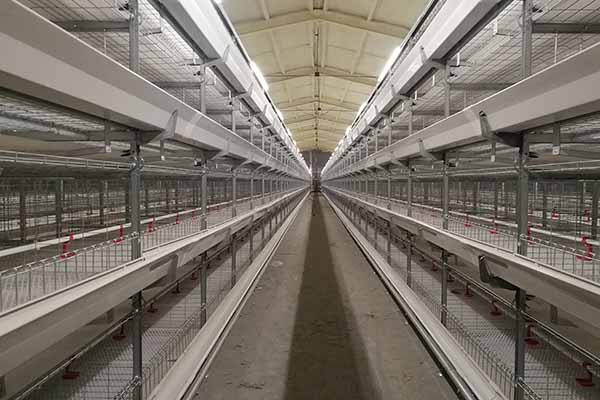How to Start a Cage-Free Chicken Farm
Time : 2025-04-19
If you’ve ever dreamed of running your own chicken farm without the use of cages, you’re in the right place! Starting a cage-free chicken farm is an exciting venture that can provide you with fresh, free-range eggs and the satisfaction of knowing you’re contributing to the welfare of animals. Here’s a step-by-step guide to get you started on your journey.
Step 1: Do Your Research
Before diving in, it’s essential to educate yourself on everything cage-free farming entails. Research the legal requirements in your area, such as permits and regulations. Also, understand the needs of your chickens to provide them with the best environment.
– Learn About Chickens: Familiarize yourself with the breeds you want to raise and their specific dietary and behavioral needs.
– Regulations: Understand local, state, and federal regulations concerning agriculture and animal welfare.
Step 2: Choose a Location
Finding the right location is crucial for a successful cage-free chicken farm. Look for a place that provides a safe environment for your chickens while minimizing stress.
– Land: Ensure the land is suitable for chicken farming, with adequate space for free-range birds.
– Climate: Consider the climate and its impact on your chickens’ health and comfort.
– Zoning: Check local zoning laws to make sure your farm meets the requirements for an agricultural operation.
Step 3: Design Your Farm
A well-designed farm layout is key to a productive and efficient operation.
– Coops and Roosts: Build or purchase coops and roosts that are comfortable for the chickens and secure from predators.
– Run Area: Provide a large, enclosed area where chickens can freely move and forage.
– Water and Food: Make sure you have adequate access to fresh water and a suitable diet.
Step 4: Purchase Chickens
Once your farm is ready, it’s time to acquire your chickens.
– Breeds: Choose breeds that are well-suited to your climate and intended for egg-laying or meat.
– Sources: Obtain chickens from a reputable source, ensuring they are healthy and free from diseases.
Step 5: Feed Your Chickens
A balanced diet is crucial for healthy chickens and eggs.
– Nutrition: Research the nutritional needs of your specific chicken breeds and create a feeding schedule.
– Access to forage: Provide opportunities for your chickens to forage for grasses and insects, supplementing their diet.
– Water: Always ensure access to clean water, both for drinking and hygiene.
Step 6: Manage Your Chicken Farm
Running a farm is a constant balancing act between productivity, health, and sustainability.
– Regular Health Checks: Perform routine health checks to monitor the chickens’ wellbeing.
– Predator Control: Install measures to protect against predators such as raccoons, hawks, and snakes.
– Sustainable Practices: Implement practices that are environmentally friendly, such as crop rotation and waste management.
Step 7: Marketing and Selling Your Products
The success of your farm depends on the ability to market and sell your products.
– Build a Brand: Develop a unique brand that showcases the quality of your cage-free chicken products.
– Customer Base: Cultivate a loyal customer base by offering a high-quality product and excellent customer service.
– Diverse Sales Channels: Explore different channels for selling your products, from farmers’ markets to direct sales to consumers.
Final Thoughts
Starting a cage-free chicken farm is a rewarding venture, but it’s not without its challenges. With careful planning, thorough research, and dedication to the well-being of your chickens, you can create a sustainable and successful operation. Remember to keep learning and adjusting as you go – the more you know, the better your chances of success!
Tags:












